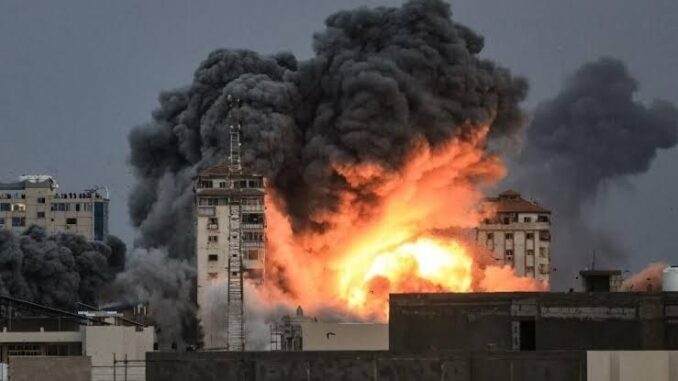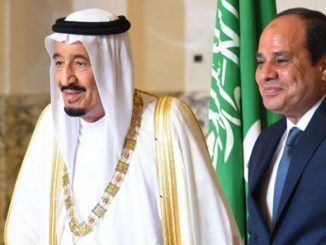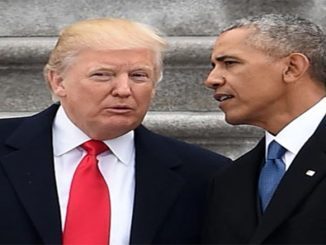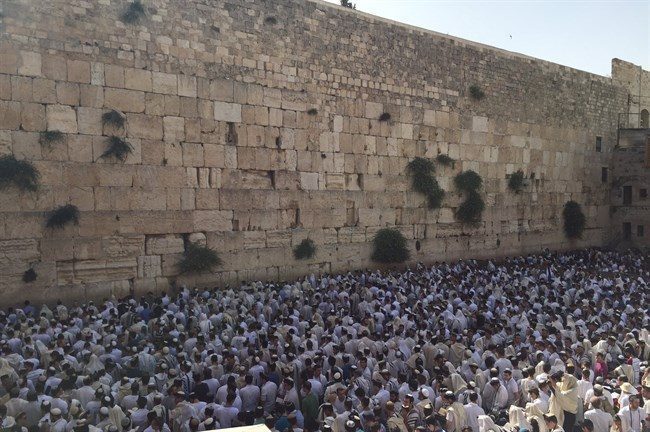
Egyptians expressed solidarity with Palestinians amid the ongoing fighting between armed faction Hamas and Israel, as their country’s officials called for calm.
The Egypt government has urged both sides to exercise maximum restraint and avoid exposing civilians to further risks, warning that “an escalation of violence would have a negative impact on the future of peace talks.”
Hours after the Hamas attacks broke out on Saturday, Egypt’s foreign minister Sameh Shoukry warned in a statement quoted by local and international news outlets of the “crucial consequences” of the escalating violence between the Palestinian and Israeli sides.
Egypt urged both sides to exercise maximum restraint and avoid exposing civilians to further risks, warning that “an escalation of violence would have a negative impact on the future of peace talks.”
The foreign ministry called on Israel to cease its attacks and provocations against the Palestinians and to adhere to the rules of international humanitarian law as relates to an occupying state.
On Monday, Egypt’s president Abdel Fattah al-Sisi received a phone call from Jordan’s King Abdullah II during which they discussed efforts to avoid a deadly escalation of conflict.
“The two states [Egypt and Jordan] have been in a state of peace with Israel for decades now. Both have interests with the Zionist state and they won’t jeopardise them at any cost,” a prominent political analyst told The New Arab on condition of anonymity.
Cairo has historically been a key mediator in the Arab-Israeli conflict for decades.
“The public reaction to the ongoing escalation of aggression is one thing and any form of calculations that politicians have in mind is another. The two leaders can never risk angering Israel’s major supporter, the US, by any means,” the analyst added.
Pro-regime TV talk show hosts and journalists have been critical of Israel, taking the side of Hamas as activists and public figures took to social media platforms to denounce the Israeli government.
“Journalists have no choice but to play it safe with the public by unifying their rhetoric ahead of presidential elections [due in December this year] for Sisi to garner support inside the country. Egyptians have long been known for antagonising Israel,” a high-profile political sociologist said.
Since 2007, Egypt and Israel have imposed a strict blockade on the Gaza Strip after Hamas assumed power following clashes with the rival Fatah faction that rules the occupied West Bank.
In 2013, following the military coup led by then-defence minister Sisi that overthrew Egypt’s first democratically-elected president, a war of words was waged against Hamas and Palestinians in Gaza, accusing them of being behind militancy in North Sinai and allowing the infiltration of jihadists into Egypt.
After he took office in 2014, Sisi fostered warmer ties with Tel Aviv, advocating a two-state solution and co-existence between Palestinians and Israelis.
It was not until 2017, when Hamas dropped its affiliation to the Muslim Brotherhood, legally outlawed in Egypt since 2014, that the Egyptian regime softened its tone towards the Palestinian faction.
Hamas’ weekend armed campaign marked exactly 50 years and one day after Egypt launched a surprise military attack in the Sinai Peninsula on 6 October 1973, also known as the Yom Kippur War, inflicting heavy losses on the Israeli army and restoring parts of the occupied Egyptian lands seized by Israel in 1967.



